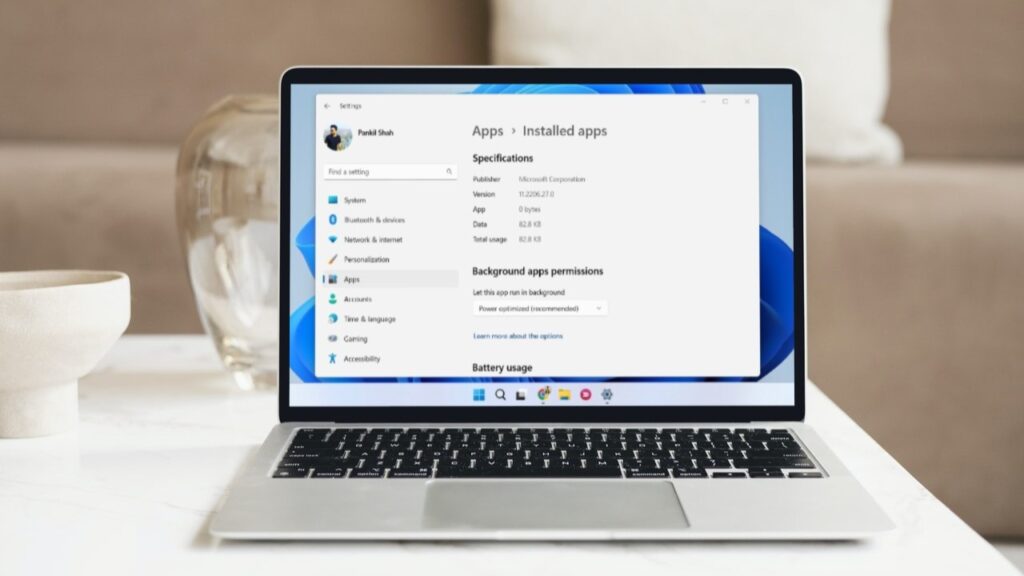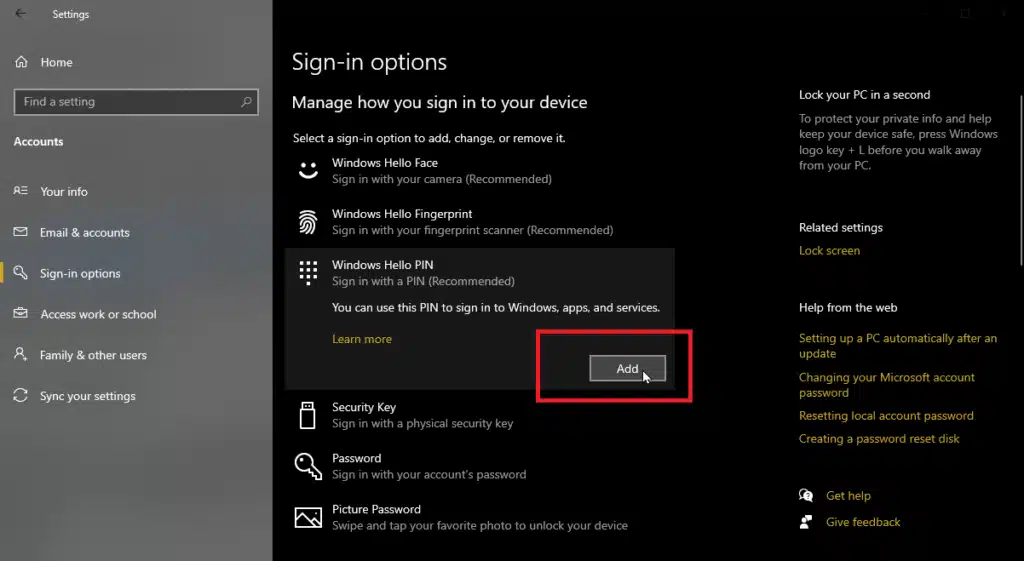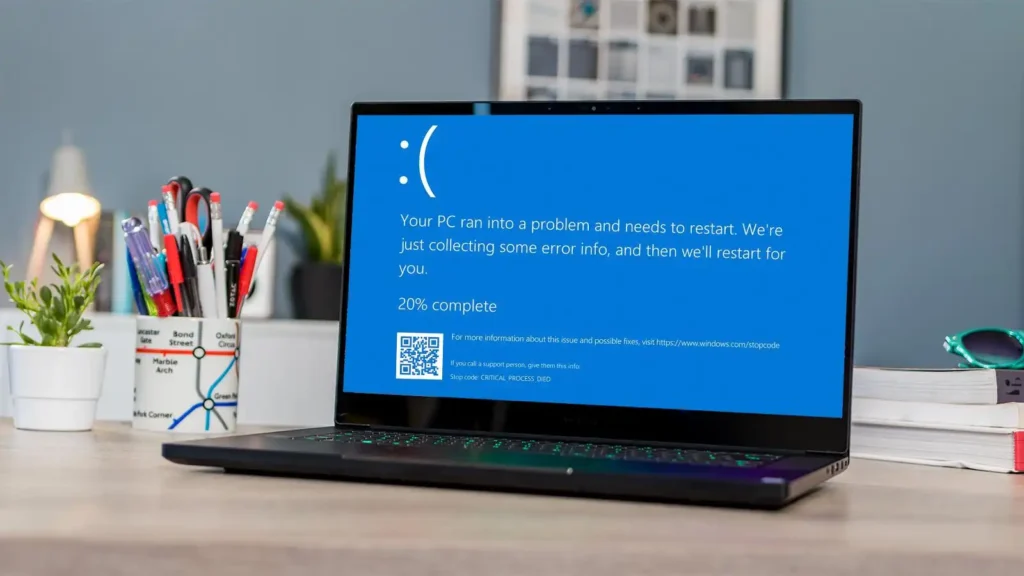As the world’s most popular desktop operating system, Microsoft Windows has long been a prime target for hackers and cybercriminals. With the recent release of Windows 11, many users and security experts are wondering how secure the new operating system is compared to its predecessors. In this article, we will take a deep dive into Windows 11’s security features and vulnerabilities, assessing its ability to protect users’ data and privacy.
Contents
Security Features in Windows 11
Microsoft has introduced several new security features in Windows 11, building upon the security measures of its previous operating systems. Here are some of the key security features of Windows 11. Windows Hello is a biometric system that permits users to log in to their devices using facial recognition, fingerprint, or PIN. This feature is designed to enhance security and convenience, as it eliminates the need for traditional passwords. Windows 11 includes a feature called Virtualization-based security, which creates a virtualized environment that isolates the operating system and critical system files from potential malware attacks. This feature can prevent many types of malware from infecting the system, as well as protect sensitive data.
Microsoft Defender is a built-in antivirus and antimalware program that provides real-time protection against various types of threats. It includes features such as network protection, ransomware protection, and cloud-delivered protection. Secure Boot is a functionality that make sure that only trusted software is loaded during the boot process. This prevents malware from loading during boot-up, which can help protect against rootkits and other types of persistent malware. BitLocker is a full-disk encryption feature that protects data on the device’s hard drive. This feature can prevent unauthorized access to sensitive data if the device is lost or stolen.
Windows 11 Vulnerabilities
Despite the security features built into Windows 11, there are still vulnerabilities that can be exploited by attackers. Here are some of the most notable vulnerabilities in Windows 11.
Zero-day exploits are vulnerabilities that are unknown to the software vendor and have not yet been patched. These exploits can be used by attackers to gain unauthorized access to the system, steal data, or launch other types of attacks. Phishing attacks are a standard technique used by attackers to trick users into providing their login credentials or other sensitive information.
Phishing attacks can be carried out via email, social media, or other forms of communication. Windows 11 is only as secure as the third-party software that runs on it. If a third-party software program has a vulnerability, it can be exploited by attackers to gain access to the system or steal data. Despite the built-in security features of Windows 11, it is still vulnerable to various types of malware, including viruses, Trojans, and ransomware. Insider threats are attacks that are carried out by employees or other trusted insiders. These attacks can be particularly damaging, as insiders may have access to sensitive data or system resources.
Conclusion
In conclusion, Windows 11 has introduced several new security features that can help protect users’ data and privacy. However, it is important to note that no operating system can be completely immune to attacks. Windows 11 still has vulnerabilities that can be exploited by attackers, and users should take steps to protect their devices and data. This includes using strong passwords, keeping software up to date, being vigilant against phishing attacks, and using additional security measures such as a virtual private network (VPN) or a firewall. Microsoft is also constantly releasing security updates and patches to address known vulnerabilities, so users should make sure to install these updates as soon as they become available.
Ultimately, the security of Windows 11 depends on a combination of built-in security features, user behavior, and third-party software. While Windows 11 is generally considered to be a secure operating system, users should not become complacent and should remain vigilant against potential threats. By taking the necessary precautions and staying informed about the latest security risks, users can minimize the risk of a security breach and enjoy the benefits of Windows 11’s features and functionality.




